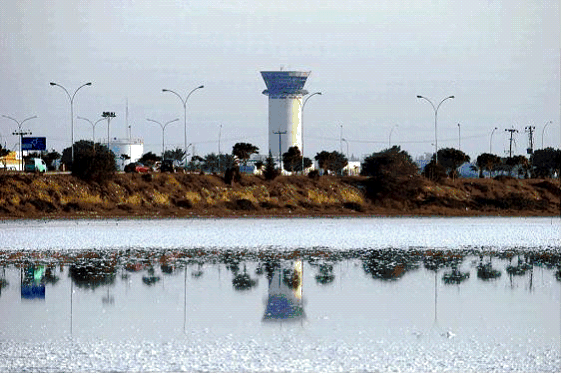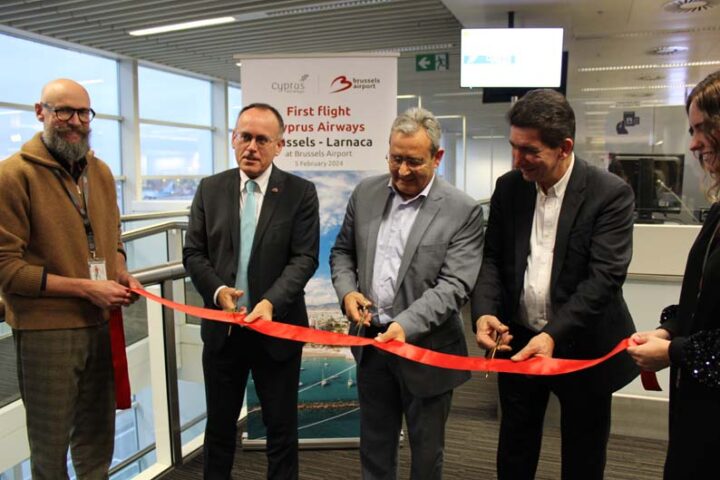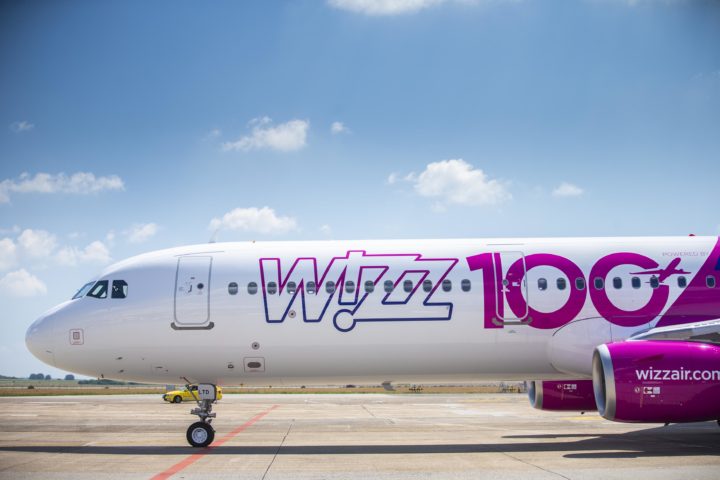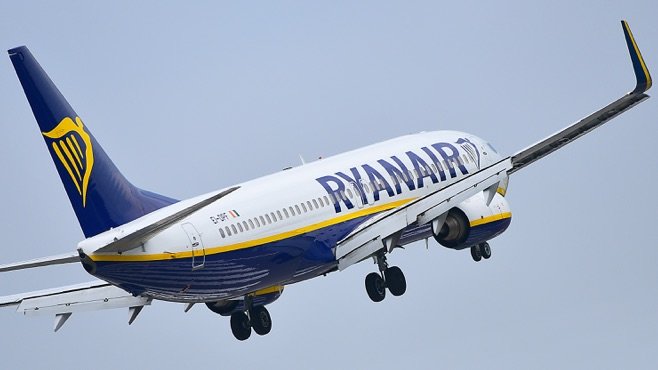Intentional disruptions in the global positioning system (GPS) from the Middle East, specifically through spoofing attacks, are causing concerns for flight safety in the Cyprus and regional airspace.
German aviation news site Aero reported that Lufthansa, one of the world’s largest air carriers, has implemented measures to address this phenomenon in Middle Eastern regions. The airline has provided specific instructions to its fleet pilots to handle critical situations resulting from such interferences.
Another news site, Aviation Week, reported that, “increasing levels of international conflict and attempted interference with airliners’ navigation systems have spurred new guidance and alerts from international organisations.”
It added that the International Civil Aviation Organisation (ICAO) has issued its latest update to managing air services in airspace over conflict zones.
The deliberate signal interference, often caused by jamming systems, leads to pilots being unable to precisely determine the aircraft’s position, a situation known as spoofing.
The Aero report highlights an incident during a Lufthansa flight where the captain received inaccurate data about the aircraft’s location.
Two types of interference, referred to as “jamming” and “spoofing”, can affect satellite signals.
The phenomenon is linked to the crisis in the Middle East, particularly affecting flights heading from Adana in southern Turkey to Larnaca, as reported recently. The captain had to shut down GPS receivers due to receiving false information, and the aircraft’s position was later accurately determined in coordination with the Larnaca control tower as it entered ‘Nicosia Flight Information Region’.
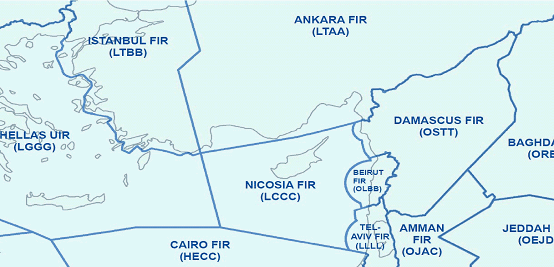 The report noted that spoofing attacks have been observed in airspaces such as Beirut, Cairo, Baghdad and Tel Aviv, identified as hotspots for such incidents.
The report noted that spoofing attacks have been observed in airspaces such as Beirut, Cairo, Baghdad and Tel Aviv, identified as hotspots for such incidents.
In response to Aero’s inquiries, a Lufthansa spokesperson emphasised that GPS attacks pose a serious threat to aviation safety and the secure conduct of civil flights. They stated that Lufthansa pilots are well-trained to handle significant deliberate crisis situations.
Following Aero’s story, Phileleftheros daily contacted Cyprus Air Traffic Control officials, who confirmed awareness of the issue. Staff have been trained to manage problems arising from these attacks.
Attacks since 2012
Phileleftheros quoted officials stating that such attacks have been occurring since 2012, coinciding with the outbreak of the war in Syria. After recent developments in the Middle East, including the October 7 Hamas attack on Israel and subsequent military operations, these incidents are reported to vary in frequency.
“In just one day, there may be two reports of navigation problems, on another, there may be ten, while the next day there may be none,” the air traffic control official said.
Meanwhile, a report on November 6 from the European Union Aviation Safety Agency (EASA) confirmed an increase in jamming and spoofing incidents since early 2022.
“Since February 2022, there has been an increase in jamming and/or spoofing of Global Navigation Satellite Systems (GNSS). EASA has analysed recent data from the Network of Analysts and open sources and has concluded that GNSS jamming and/or spoofing has shown further increase in the severity of its impact, as well as an overall growth of intensity and sophistication of these events,” EASA said.
GPS and GNSS signals, considered an “invisible public utility”, are relied on by smartphones, cars, stock exchanges, data centres and countless other industries, for time, navigation or both.
Nicosia’s FIR, along with Istanbul and the wider Middle Eastern region, is identified as a hotspot for jamming and spoofing activities.

